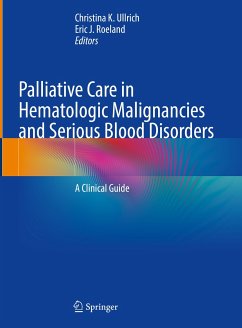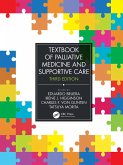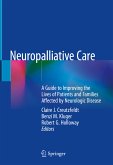This book provides a comprehensive, state-of-the-art overview on palliative care for patients with hematologic malignancies and other serious blood disorders. The text reviews the unique needs of this patient population, management strategies for hematologists/oncologists and palliative care clinician collaboration, and issues salient to the provision of palliative care, including communication, decision-making, advance care planning, symptom management, ethics, and nursing considerations. The book also spotlights special hematology populations, such as pediatric and older adult patients, and issues pertaining to the care of patients with blood disorders at the end of life.
Divided into four sections, this book provides a comprehensive, state-of-the-art overview on palliative care for patients with hematologic malignancies and other serious blood disorders.
Written by experts in the field, Palliative Care for Hematologic Malignancies and Serious Blood Disorders: A Clinical Guide is a valuable resource that will support and guide clinicians as they care for this patient population and address their particular needs.
Dieser Download kann aus rechtlichen Gründen nur mit Rechnungsadresse in A, B, BG, CY, CZ, D, DK, EW, E, FIN, F, GR, HR, H, IRL, I, LT, L, LR, M, NL, PL, P, R, S, SLO, SK ausgeliefert werden.









